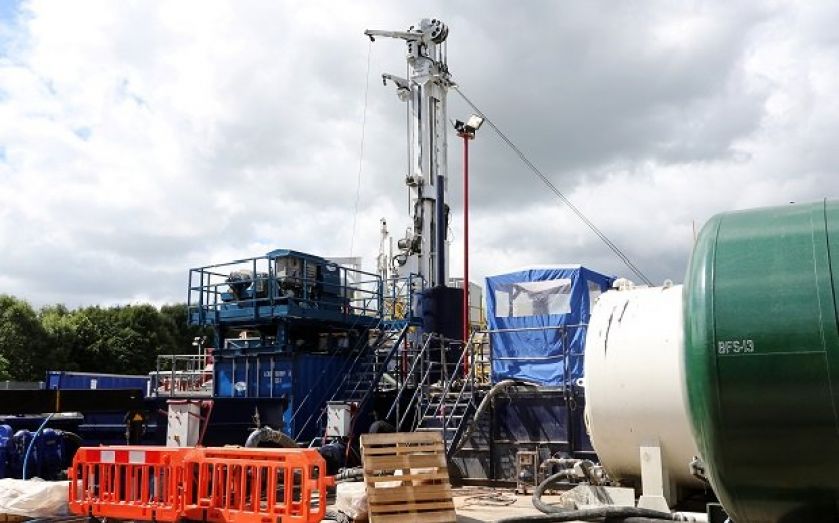Shale gas reserves in Scotland pale in comparison to England says new report

Scotland's shale gas reserves are relatively minor compared to those in the north of England, according to a new study from the British Geological Survey (BGS).
The Midland Valley is estimated to have just 80 trillion cubic feet of shale gas, compared to the north of England's Bowland Basin with an estimated 1,300 trillion cubic feet, enough to supply Britain's power needs for the next 40 years.
Furthermore, the amount of gas that would be commercially recoverable is expected to be significantly lower. The energy minister Michael Fallon said the finds would not hail a US-style energy "bonanza".
The BGS report also warned: "the uncertainty in the Midland Valley of Scotland is compounded as there are fewer historic wells and seismic lines to provide data". However, the report also estimated there was a further 6bn barrels of shale oil.
The government has attempted to spur investment in the industry by slashing taxes on company profits from 62 per cent to 30 per cent. Waiting times for exploration permits have also been cut from 13 to two weeks.
Ken Cronin, chief executive of UKOOG, the body representing the onshore oil and gas industry, welcomed the report, saying: “This report will give reassurance to investors who wish to explore for oil and gas onshore in Scotland and adds to the estimates of significant onshore resources which can help replace the UK’s growing dependency on imports and balance the decline of the North Sea."
Recently Lancashire council validated exploration company Cuadrilla’s proposal to frack up to four exploration wells at a site in the county, which means the planning application will be open to a public consultation period for the next two to three months.
If the application is approved after that, Cuadrilla could start drilling later this year and begin fracking for shale gas next year.
However, a large part of the UK’s oil and gas industry believe it will be at least 10 years before shale gas becomes a significant part of the domestic energy mix.
A survey by law firm Pinsent Masons found that 16 of the 100 industry players questioned think it will be a successful extraction method within a decade and 13 say this will happen in the next 20 years.